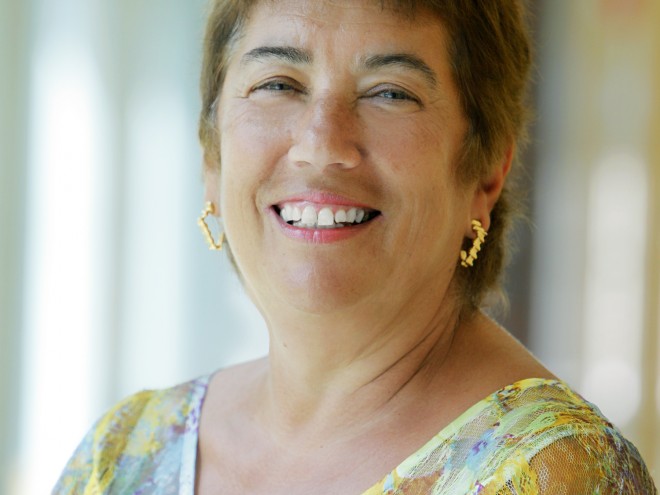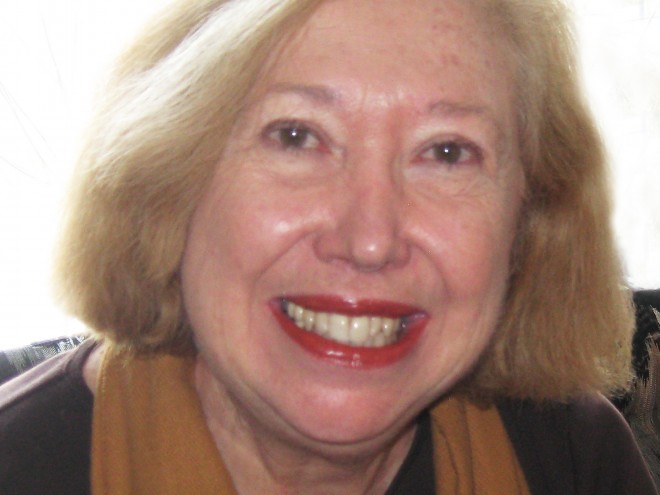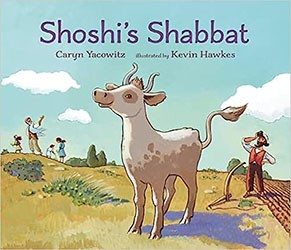“Tradition, tradition,” exclaim the Jews of Anatevka in Fiddler on the Roof, capturing so much of their lives in one word. A thread of tradition also unites the stories in Barbara Vinick and Shulamit Reinharz’s 100 Jewish Brides.
In this engaging book, one hundred women from eighty-three countries recount their relationships over the past century. Their personal histories are rooted in places like African enclaves, Middle Eastern Arab lands, Eastern Europe Soviet-Bloc countries, Latin America, Europe, the US, and Israel. Many were immigrants or WWII refugees, while others had deep generational roots in their countries. What so many of these stories have in common is that the brides and their families wanted to proudly celebrate their Sephardic and Ashkenazi traditions and customs at their weddings, preserving their heritage and history while also adapting to our modern times.
There are many similarities between weddings throughout the stories. Betrothal customs, ketubah signings, the chuppah, rings, blessings, wine, and glass-breaking all make appearances. Different cultures incorporate their own foods, dress, dowry negotiations, henna parties, mikvah ceremonies, tallit stylings, degree of family involvement, and the relatively new addition of dancing the hora.
The book is organized by chapters that discuss courtship, conversion, venues, arranged and forced marriages, intermarriage, and marriage issues in Israel, among other topics. Each section provides fascinating and often powerful stories, told with candor and nostalgia by brave, astute, defiant, and believing and nonbelieving Jewish women.
Before each piece, a helpful and informative commentary succinctly places each bride’s narrative in a historical, sociological, and religious context. The editors also include many endearing family photographs. (This is the third collaboration by the editors, who are friends and honored sociologists. They obtained many of the stories and accounts through their academic and volunteer connections.)
Readers will enjoy getting to know the personalities of these brides as they remember first meetings, women bonding through wedding preparations, family interactions, community expectations, and historical events. Their stories, which hail from so many corners of the Diaspora, are emotional — whether their weddings were minimal or lavish, produced happy or unhappy marriages, occurred during war or peace, happened amid threatening or nonthreatening circumstances, or involved gifts of cows and chickens or silver and gold. Many modern weddings now reflect the brides’ and grooms’ life experiences and choices as they incorporate their own beliefs and priorities into their ceremonies.
Renita Last is a member of the Nassau Region of Hadassah’s Executive Board. She has coordinated the Film Forum Series for the Region and served as Programming and Health Coordinators and as a member of the Advocacy Committee.
She has volunteered as a docent at the Holocaust Memorial and Tolerance Center of Nassau County teaching the all- important lessons of the Holocaust and tolerance. A retired teacher of the Gifted and Talented, she loves participating in book clubs and writing projects.





